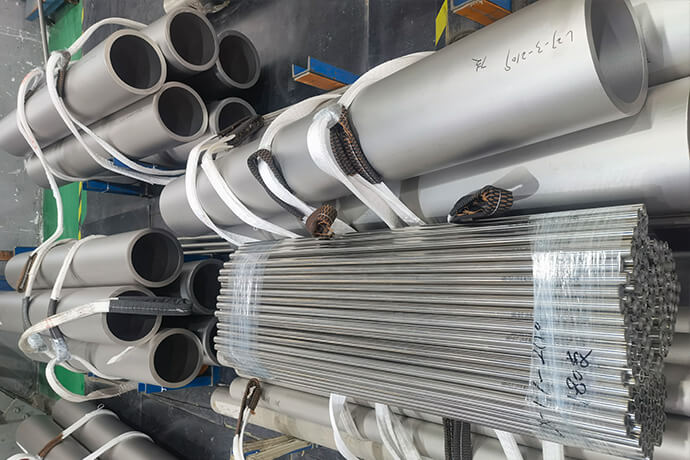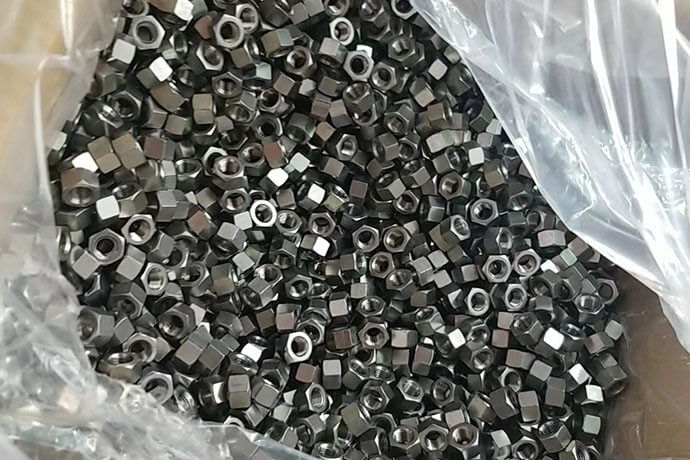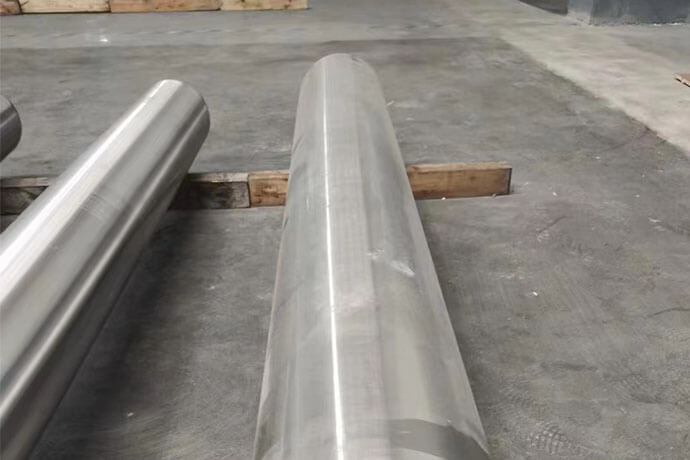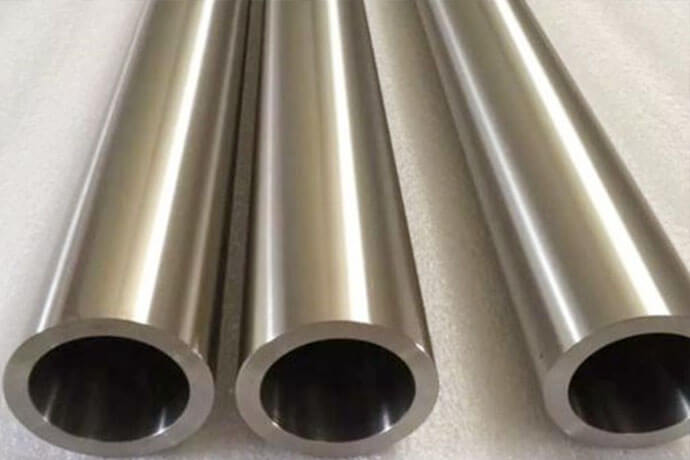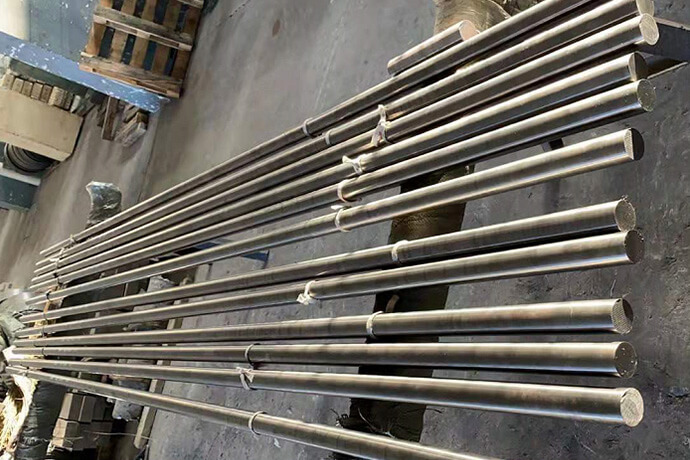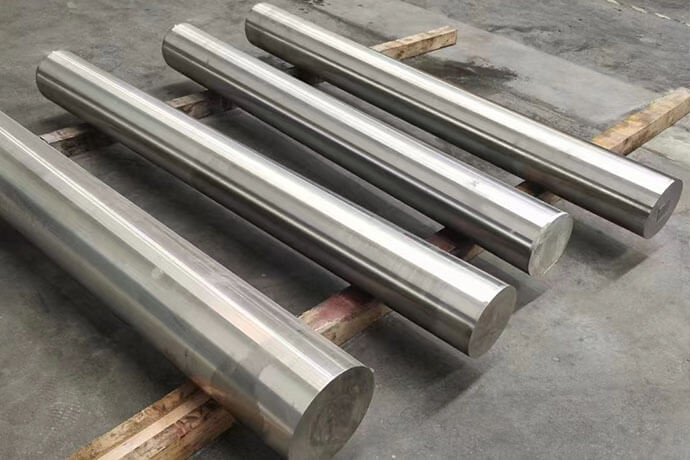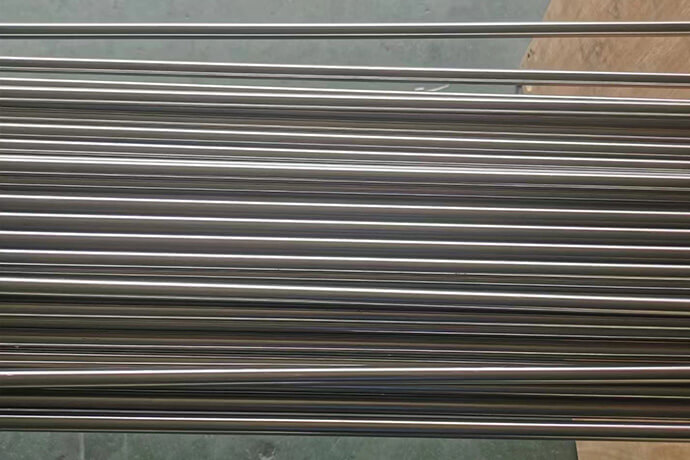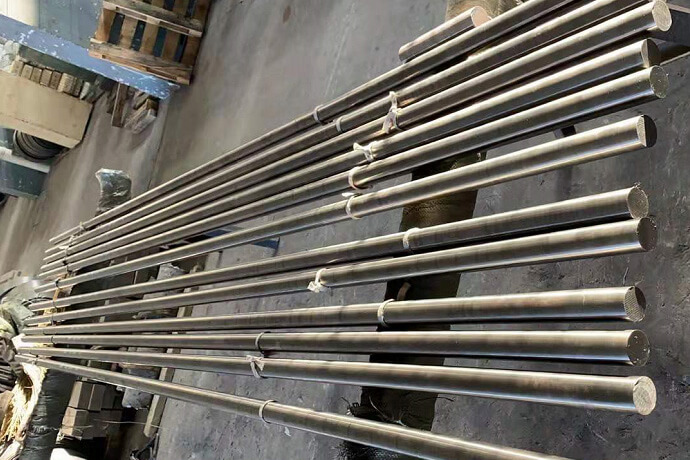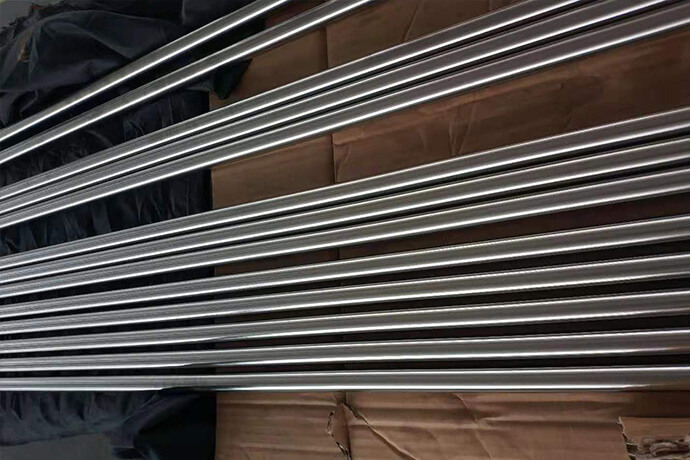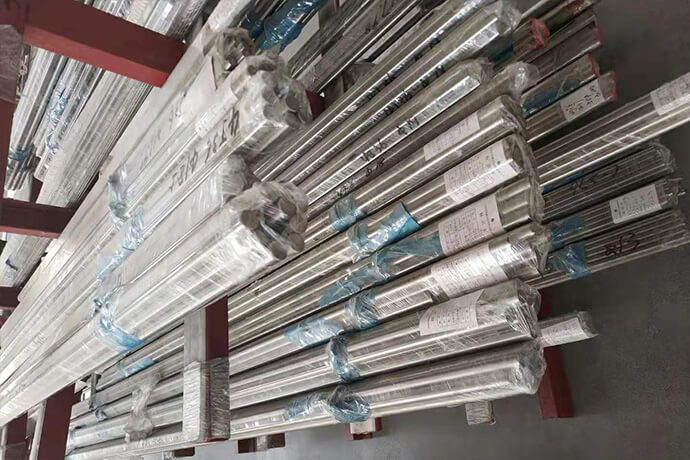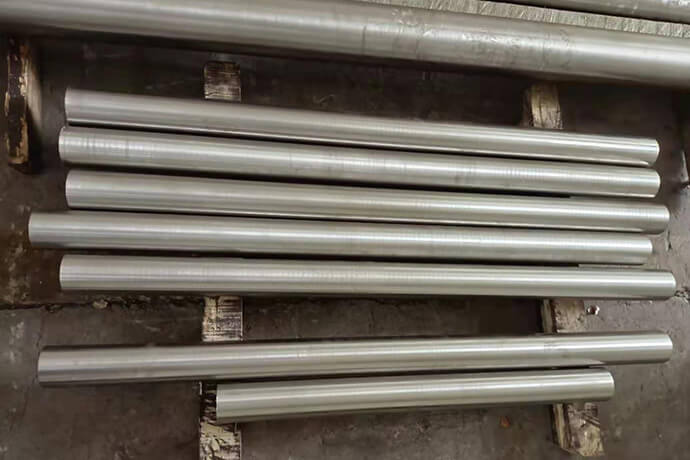The General Administration of Customs comprehensively promotes "two-stage access"
On December 22, 2020, the single window issued another notice. Since December 22, 2020, the General Administration of Customs has comprehensively promoted the informatization supervision of "two-stage access".
Among them, "first stage access" means that before the imported goods are taken out of the port customs supervision area, the customs shall conduct port inspection on the goods with quarantine, inspection and other requirements to determine whether the goods are allowed to enter the port; "Second stage access" means that after the imported goods are lifted out of the customs supervision area at the port, the customs carries out destination inspection on the goods with inspection requirements to determine "whether the goods are allowed to enter the domestic market for sale or use".
Enterprises only need to check the three application options of "transfer inspection", "conditional departure" or "combined inspection of port and destination" in advance in the "single window" application link, and they can submit the above electronic application of "two-stage access" together with the application data. If it does not meet the requirements, a window will pop up for prompt.
For the goods that do not meet the inspection conditions in the port supervision area, the enterprise may withdraw them to the designated place of application for "transfer inspection"; For goods that need to be sampled for inspection or quarantine purposes, if they meet the conditions, they do not need to wait for the inspection results, and can be "taken away with conditions" after sampling; For goods with both port inspection requirements such as quarantine or inspection and destination inspection requirements such as inspection, they can be "jointly inspected" at the port of entry.
Regulatory declaration requirements for newly imported hazardous chemicals
On December 24, 2020, the single window issued a notice on standardizing the declaration of imported hazardous chemicals. From January 10, 2021, products with HS code involving hazardous chemicals must check one of "bulk hazardous chemicals", "packaged hazardous chemicals" and "non hazardous chemicals" in the "cargo attributes" column before they can continue to be declared. At the same time, it is required to fill in the column of "dangerous goods information".
The revision of origin standards of some commodities under CEPA comes into effect
According to the announcement issued by the General Administration of Customs on December 24, 2020: in order to promote the economic and trade exchanges between the mainland and Macao, in accordance with the relevant provisions of the goods trade agreement between the mainland and Macao on the establishment of closer economic and trade relations, the origin standards of some commodities in the annex to the Announcement No. 213 of the General Administration of Customs in 2018 are revised. See the annex to the announcement for details. The revised standard shall be implemented as of January 1, 2021.
Trade reminder after brexit
When Britain was still a member of the EU, it automatically participated in 40 trade agreements reached between the EU and more than 70 countries or regions. After brexit, Britain can negotiate the continuation of these agreements. Any existing EU trade agreement will no longer apply to the UK after December 31, 2020. If the UK has not reached a bilateral agreement with these countries or regions, it will trade in accordance with WTO rules.
In terms of trade with Britain: Britain will officially use the British conformity assessment certification mark from January 1, 2021. After the UK ukca mark is implemented, the products that originally only need CE certification will need CE and ukca certification respectively for export to the EU and the UK, which may have a significant impact on the product cost of enterprises and need to be paid high attention.
The British customs also announced that the tax reform of British imported goods will be implemented from January 1, 2021. The specific requirements are: all goods with the declared value of imported parts less than £ 135 shall pay value-added tax. The new tax law cancels the original exemption clause for import tax of small goods, that is, goods with a declared value of no more than £ 15 that were previously exempted from tax now also need to pay value-added tax, with a tax rate of 20%. For all goods imported into the UK, if the recipient is an enterprise, the economic operator registration identification number and value-added tax number of the recipient in the UK shall be provided. The eori number of the EU will no longer be applicable to the import and export business in the UK.
The United States extended the period of validity for the exclusion of additional tariffs on epidemic prevention materials
On December 22, 2020 local time, the office of the U.S. trade representative issued an announcement announcing the list of the extension of the validity period of the exclusion and addition of four batches of medical products. USTR said in its announcement that in order to deal with the epidemic, the United States decided to extend the validity period of tariff exclusion for four batches of medical protection products, involving 99 medical protection products, and the validity period of exclusion is from January 1, 2021 to March 31, 2021.
Us stop act comes into force
The stop act of the United States, which aims to reduce the number of illegal opioids entering the territory through the mail system, came into force on January 1, 2021, which means that the electronic data threshold attached to each inbound package will be greatly increased.
According to the latest announcement of China Post:
"As of January 1, 2021, the United States requires that inbound articles be mailed to provide ead (electronic advance customs information) Information, China Post has reached a solution with the United States Post in 2019 to transmit the ead information of article mail through the UPU information system. According to the statistical data of the UPU and the United States Post, the customs clearance and delivery of mail mailed to the United States by China post are carried out regularly, and there is no case that mail exported to the United States is refused entry due to incomplete information.
China Post has completed data transmission in strict accordance with the regulations of the UPU to ensure smooth customs clearance of mail exported to the United States. China Post maintains a good daily communication mechanism with the United States Post and has established a perfect immediate response mechanism to policy changes. Here, I would like to remind you that when using international mail services, you must provide complete and accurate declaration data to achieve rapid customs clearance. "
EU tightens import and export of waste plastics
From January 1, 2021, the EU will implement new regulations on the import and export of waste plastics and intra EU shipment. These new regulations prohibit the export of waste plastics from the EU to non OECD countries, with the exception of clean waste plastics that can be recycled. The importing country must explain to the commission the rules applicable to such imports. Exports from the EU are allowed only under the conditions stipulated by the importing country. For countries that do not provide information on the relevant legal system, the "prior notice and consent procedure" will apply. The EU's import and export of hazardous and difficult to recycle waste plastics to OECD countries will follow the "prior notice and consent procedure". Under this procedure, both importing and exporting countries must authorize shipment. The EU's import of hazardous and difficult to recycle waste plastics from third countries will follow the "prior notice and consent procedure". Under this procedure, both importing and exporting countries must authorize shipment.
The EU has imposed a "plastic packaging tax" since January 1, 2021, and levied a tax on disposable plastic packaging at the rate of 0.8 euros per kilogram.
Mandatory pasting of electronic labels in Russia
In April 2018, Russia passed government order No. 791, stipulating the general principle of compulsory pasting of electronic regulatory marks on commodities from 2019, and instructed to determine the executor of the electronic label project. In the same month, Russia issued government order No. 792 to determine the list and timetable of compulsory labeling goods.
Since the beginning of 2021, the mandatory electronic labeling system will be extended to light industrial products and dairy products. In terms of mandatory electronic labeling of dairy products, milk, cream and ice cream with a shelf life of more than 28 days will be labeled compulsorily from January 20, 2021; Milk and cream, condensed milk, milk slurry, butter, cheese, milk dregs, milk containing drinks, etc. with a shelf life of less than 28 days shall be labeled compulsorily from July 1, 2021; Yogurt, fermented dairy products, etc. are subject to mandatory labeling since October 1, 2021; Farmers who retail their own dairy products can postpone until October 1, 2022.
African continent Free Trade Zone launched
From January 1, 2021, the African continental free trade area (afcfta), which has the largest number of member states in the world, will be officially launched. It aims to further reduce tariffs, eliminate trade barriers, promote the development of intra regional trade and investment, and form a single large market with a population of 1.2 billion and a member GDP of US $2.5 trillion.
At present, the first phase of afcfta negotiation has been basically completed. The second phase of negotiations on investment, competition policy and intellectual property rights is nearing completion. Afcfta rules of origin negotiations have not yet been completed.
Medical masks imported from Myanmar shall be approved by FDA
The food and Drug Administration of the Ministry of health and sports of Myanmar issued a notice to the Pharmaceutical Enterprises Association on December 24, which reads as follows:
The FDA previously placed medical masks for epidemic prevention in the list of epidemic prevention materials that do not need to apply for import approval. In order to make people and medical staff use masks that are safer and meet quality standards, medical masks including N95 and kn95 have been listed as medical materials that need to apply for FDA import approval since December 24.

 Location:
Location: